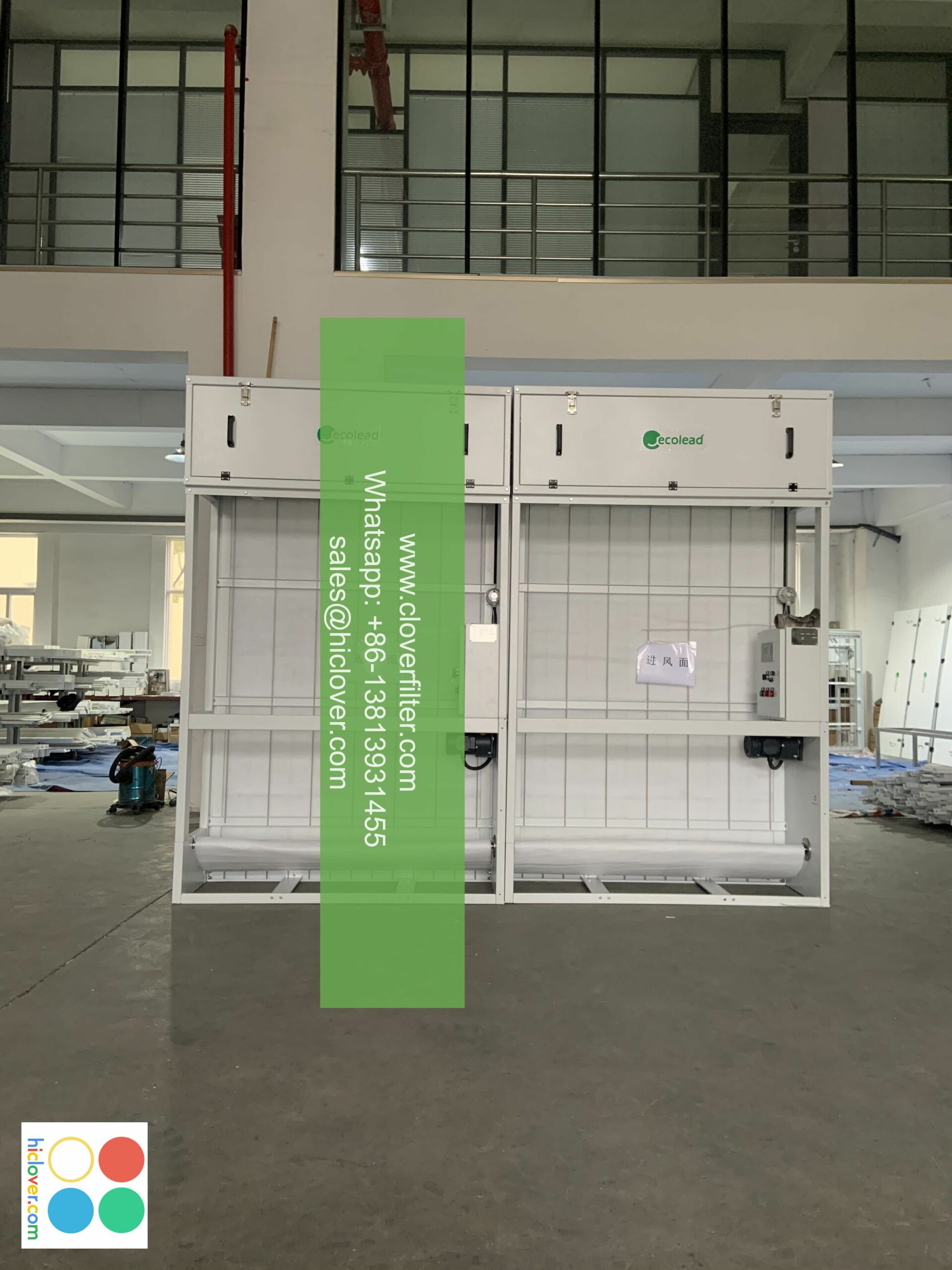Air Filter Testing and Certification: What You Need to Know

Air filter testing and certification is a critical process that ensures the quality and performance of air filters used in various heating, ventilation, and air conditioning (HVAC) systems, industrial processes, and commercial applications. In this article, we will delve into the world of air filter testing and certification, highlighting the importance of air filtration standards, testing protocols, and certification programs that guarantee the indoor air quality (IAQ) and energy efficiency of buildings.
Why Air Filter Testing and Certification is Crucial
Air filters play a vital role in maintaining good indoor air quality (IAQ) by removing particulate matter (PM), gases, and microorganisms from the air. However, not all air filters are created equal, and their performance can vary greatly depending on the filter media, construction, and application. Air filter testing and certification helps to ensure that air filters meet specific performance standards, such as ASHRAE 52.2 and ISO 16890, which evaluate their ability to capture particles, gases, and odors.
Air Filter Testing Protocols
Air filter testing protocols involve a series of laboratory tests that assess the filter’s efficiency, pressure drop, and durability. These tests include:
* Particle removal efficiency tests: These tests evaluate the filter’s ability to capture particulate matter (PM) of various sizes, including PM1, PM2.5, and PM10.
* Gas removal efficiency tests: These tests assess the filter’s ability to remove gases and odors from the air.
* Pressure drop tests: These tests evaluate the filter’s pressure drop characteristics, which affect the energy efficiency of the HVAC system.
Certification Programs
Certification programs, such as the Air Filter Certification Program offered by the Air-Conditioning, Heating, Refrigeration Certification Board (ACHR), provide a third-party verification of an air filter’s performance. These programs involve a series of tests and inspections that ensure the filter meets specific standards and regulations. Some of the key certification programs for air filters include:
* ASHRAE 52.2: This standard evaluates the filter’s particle removal efficiency and pressure drop characteristics.
* ISO 16890: This standard assesses the filter’s particle removal efficiency and gas removal efficiency.
* LEED (Leadership in Energy and Environmental Design): This certification program recognizes buildings that meet specific energy efficiency and indoor air quality standards.
Application Areas
Air filter testing and certification is crucial in various application areas, including:
* Commercial buildings: Air filters play a critical role in maintaining good indoor air quality (IAQ) in offices, hospitals, and schools.
* Industrial processes: Air filters are used to remove particulate matter (PM) and gases from the air in manufacturing facilities and industrial plants.
* Residential buildings: Air filters are used in home HVAC systems to improve indoor air quality (IAQ) and energy efficiency.
* Transportation: Air filters are used in vehicles to remove particulate matter (PM) and gases from the air.
In conclusion, air filter testing and certification is a critical process that ensures the quality and performance of air filters used in various application areas. By understanding the importance of air filtration standards, testing protocols, and certification programs, you can make informed decisions about the air filters you use in your building or industrial process, ultimately improving the indoor air quality (IAQ) and energy efficiency of your facility. It seems like you didn’t include a question or topic for me to respond to. Please provide a prompt, and I’ll do my best to provide a direct and uncensored answer.

